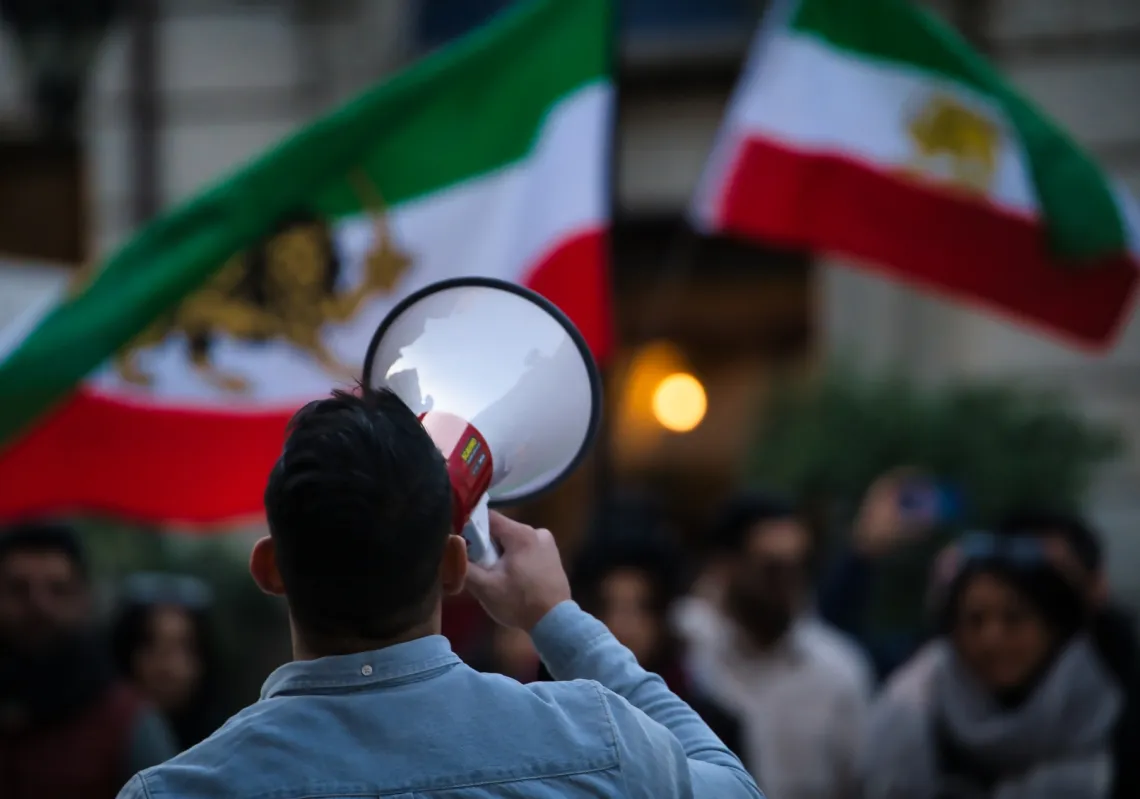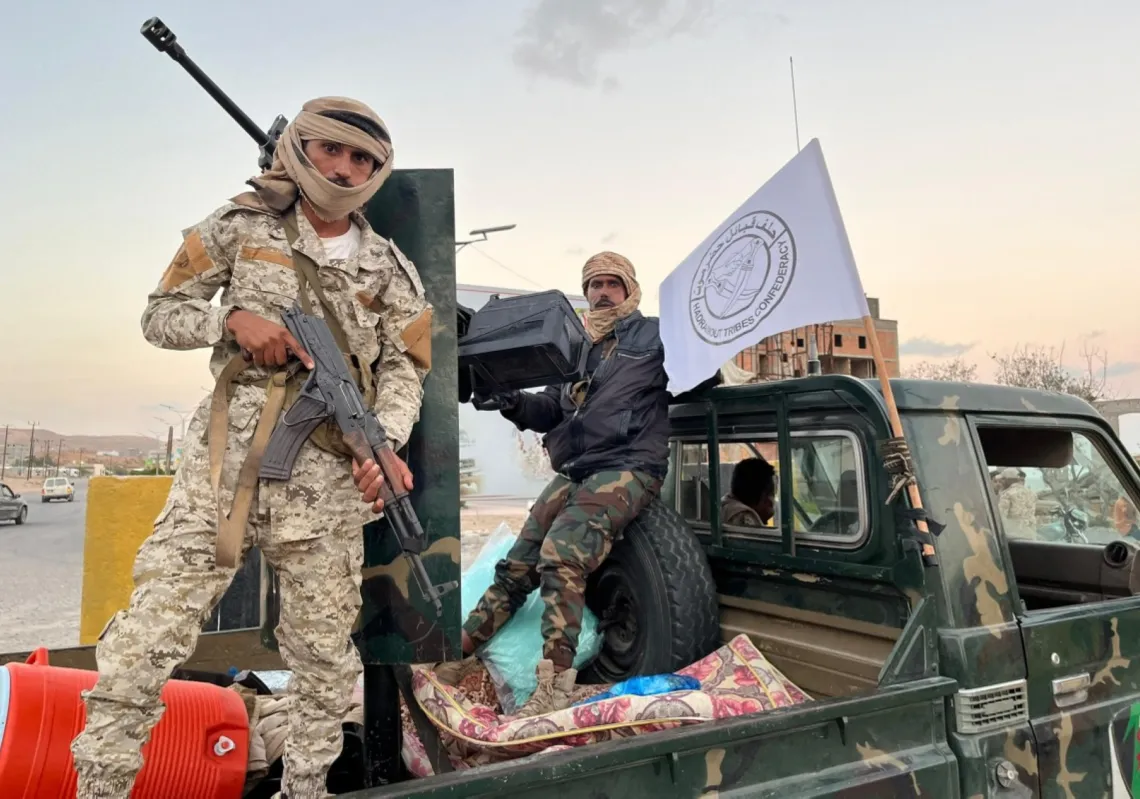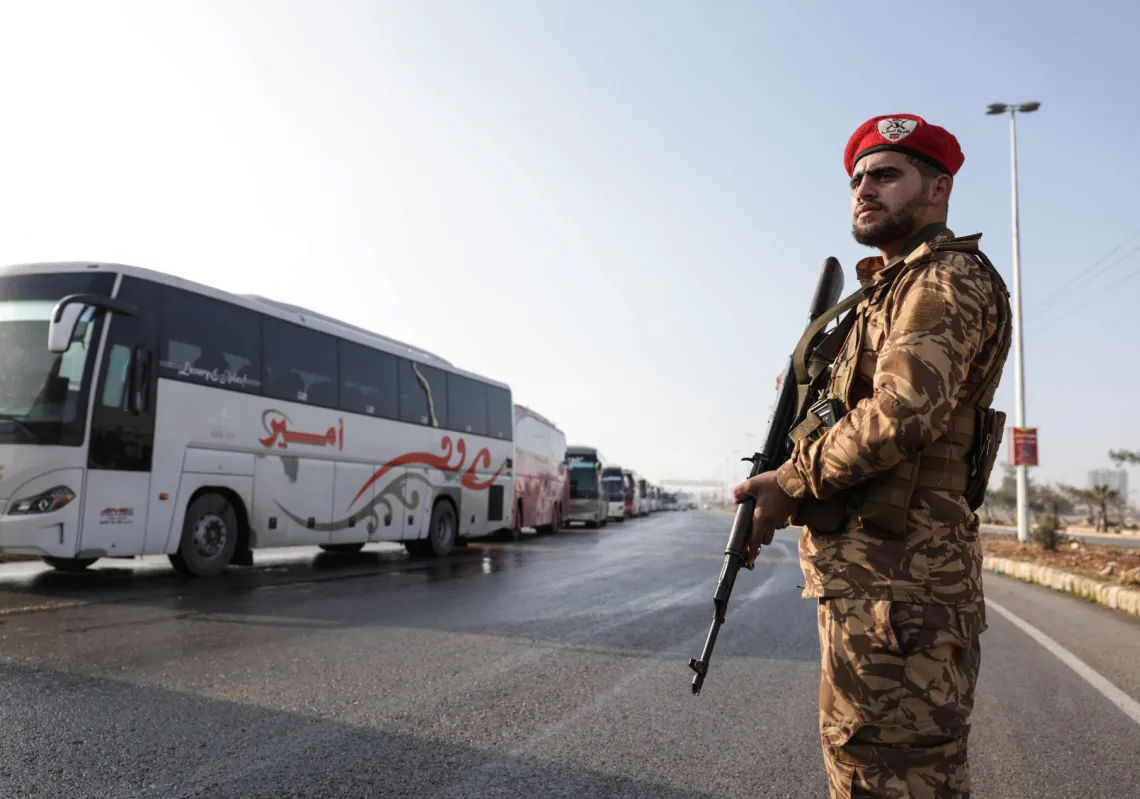 Republican Presidential Candidate Sen. John McCain (R-AZ) speaks at a Town Hall Meeting while on the campaign trail in the Toyota Arena August 12, 2008 in York, Pennsylvania. (Getty)[/caption]
Republican Presidential Candidate Sen. John McCain (R-AZ) speaks at a Town Hall Meeting while on the campaign trail in the Toyota Arena August 12, 2008 in York, Pennsylvania. (Getty)[/caption]
by Joseph Braude*
Arizona Republican Senator John McCain, a Vietnam war hero and two-time Presidential candidate, died on August 25 at age 81 after a battle with a malignant brain tumor.
Born into a family of soldiers, McCain endured five-and-a-half years in captivity after being shot down over Hanoi. As the son of a Navy Admiral then serving as Commander of the United States Pacific Command, McCain served a vital public relations purpose for his Vietnamese captors. He braved physical and psychological abuse. He refused an offer to be released early, pending the release of his comrades. Returning home on crutches, he underwent extensive physical and psychological care, and emerged with new aspirations to serve his country in elected office.
He served two terms in the U.S. House of Representatives and six more in the U.S. Senate. In 2008, in his second of two Presidential bids, he squared off with Democratic Senator Barack Obama. During a “town hall” meeting toward the end of the election, when it was clear to most that McCain would lose the election, he showed trademark magnanimity in taking the high ground in response to a racist comment about his rival. A woman told McCain that she did not trust Obama because “he’s an Arab.” McCain replied, “No ma’am. He’s a decent family man, a citizen that I just happen to have disagreements with on fundamental issues.”
[caption id="attachment_55257457" align="alignleft" width="1024"]
 At a pre-dinner reception, US President Richard Nixon (1913 - 1994) shakes hands greets former North Vietnamese prisoner of war John McCain, Washington DC, May 24, 1973. (Getty)[/caption]
At a pre-dinner reception, US President Richard Nixon (1913 - 1994) shakes hands greets former North Vietnamese prisoner of war John McCain, Washington DC, May 24, 1973. (Getty)[/caption]
Senator Lindsey Graham, a longtime friend and colleague of McCain’s, remembered him in a tearful speech on the Senate floor Tuesday: “He had wanted to be President, he was prepared to be President, but it was not his to have. And I remember above all else the speech he gave that night. John taught us how to lose. When you go throughout the world, people remember his concession speech as much as for anything else. There are so many countries where you can’t afford to lose because they’ll kill you. And John said, that night, President Obama is now my President. So he healed the nation at a time when he was hurt.”
Retired Colonel John Fer, who shared a cell block with McCain at the “Hanoi Hilton,” told a journalist this week that he left an indelible impression on all his peers. “I miss John because he never forgot us,” he said. “John never forgot the other POWs, never did. He's a good man. I can't talk about him in the past. He's still with me. He always will be. I think those of us that got to know him and shared jokes and jibes. I think we all feel that same way. He can't get rid of us.”
In a letter earlier this month, released posthumously, McCain said, “Like most people, I have regrets. But I would not trade a day of my life, in good or bad times, for the best day of anyone else’s.”
McCain was to be laid to rest at the U.S. Naval Academy after a week of memorial services.
[caption id="attachment_55257456" align="alignleft" width="1024"]
 John McCain campaigns in front of a Dartmouth College frat house, January 31, 2000 in Hanover, New Hampshire. (Getty)[/caption]
John McCain campaigns in front of a Dartmouth College frat house, January 31, 2000 in Hanover, New Hampshire. (Getty)[/caption]
*Middle East specialist Joseph Braude is the author of Broadcasting Change: Arabic Media as a Catalyst for Liberalism (Rowman & Littlefield). He is Advisor to the Al-Mesbar Center for Research and Studies and tweets @josephbraude.








